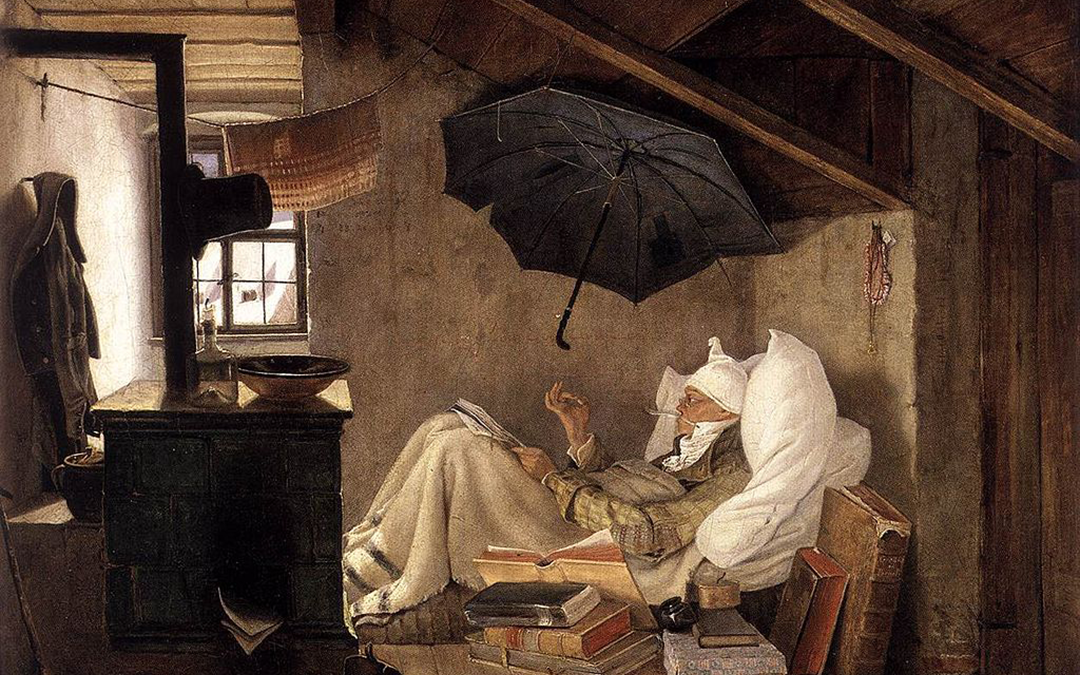
By Dr. Rodney Sharkey The Power of Drama I recently hosted Ways of Being: The Value of Theater in Medical Practice, a workshop provided for medical practitioners in Doha, Qatar. The objectives of the workshop were two-fold: to illustrate drama’s...

By Dr. Rodney Sharkey The Power of Drama I recently hosted Ways of Being: The Value of Theater in Medical Practice, a workshop provided for medical practitioners in Doha, Qatar. The objectives of the workshop were two-fold: to illustrate drama’s...

By Dr. Gráinne Kearney, Dr. Michael K. Corman, and Prof. Gerry Gormley Institutional ethnography (IE), with its complex sociological roots, might not seem the obvious choice for a practicing doctor undertaking a PhD in medical education. Indeed, those involved in...

Today, May 12, is International Nurses’ Day, a day on which we celebrate the birth of Florence Nightingale and recognize the integral role of nursing in healthcare. To mark this day, we want to revisit some of our past content...
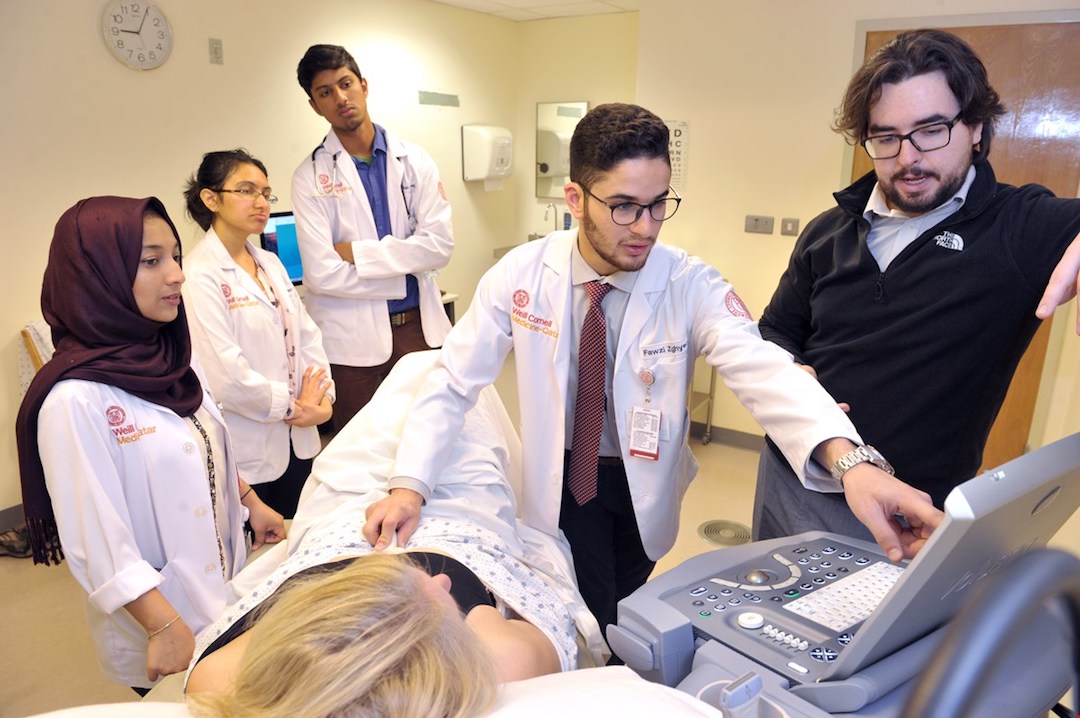
Weill Cornell Medicine-Qatar (WCM-Q) will launch its Transition to Residency course for medical students in spring 2020. In this week’s IGHPE blog, we asked Dr. Grigory Ostrovskiy, Assistant Professor of Emergency Medicine and Transition To Residency Elective Director at WCM-Q...

A guest blog by Dr. Rodney Sharkey “Ways of Being” is a workshop, led by associate professor Rodney Sharkey, and put together by Humanities faculty at Weill Cornell Medicine-Qatar (WCM-Q) for the Continuing Professional Development (CPD) wing with a view...
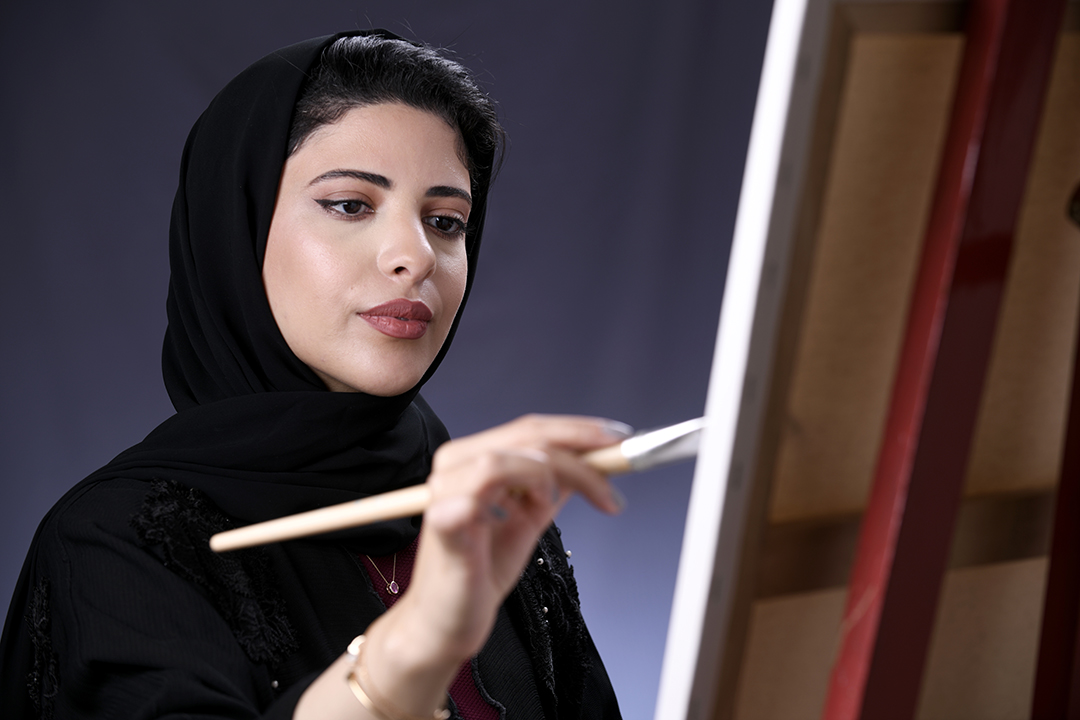
Innovations in Global Health Professions Education (IGHPE) recently met with Hanof Ahmed, a Med 4 student at Weill Cornell Medicine-Qatar (WCM-Q), to discuss her experience of art and the humanities while at medical school. Hanof recently contributed some of her...

Computing science will probably exert its major effects by augmenting and, in some cases, largely replacing the intellectual functions of the physician. WB Schwartz, 19701 In 1970, nephrologist and early researcher into artificial intelligence (AI) in healthcare, Dr WB Schwartz...

A guest blog by Dr. Joseph C. Kvedar In the last century, we have extended the lifespan by 25 years, but have done little to help us use those additional years in the most productive, fulfilling and healthful ways. I...
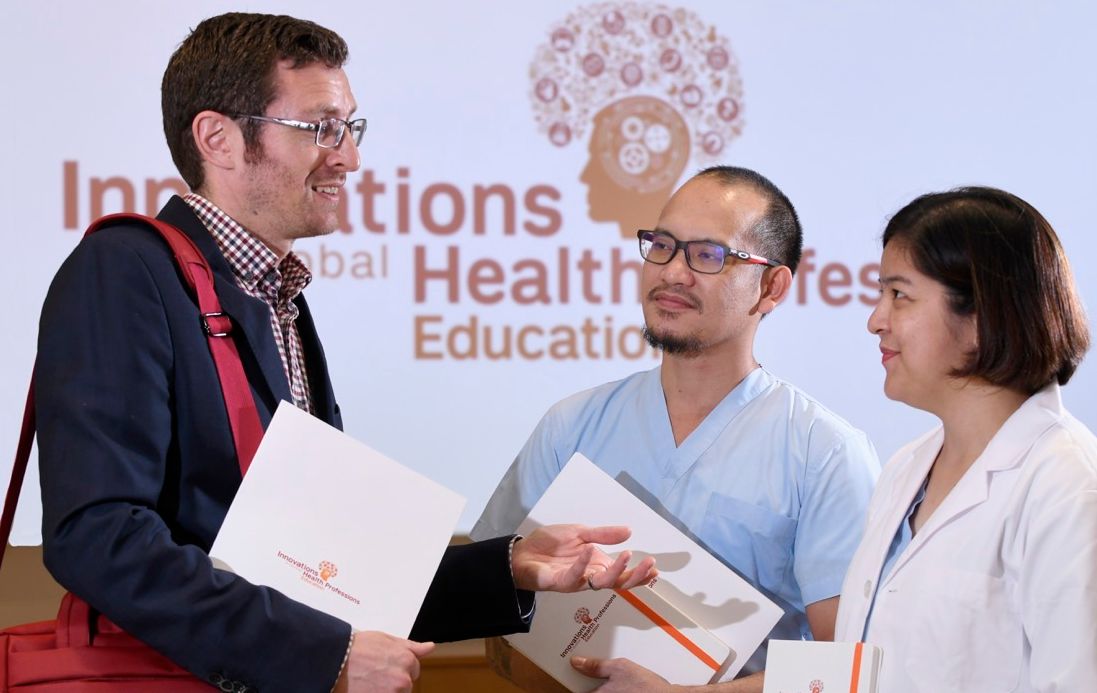
Change is inevitable “There’s nothing so stable as change”- Bob Dylan The field of healthcare is evolving rapidly. We are the educators of the health professionals of tomorrow, and we need to help them provide the best patient care in this...
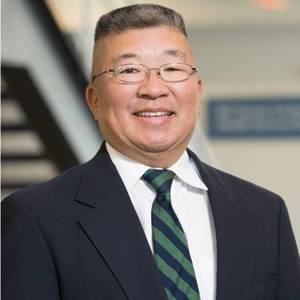
What barriers do healthcare students and new residents face in learning about and using electronic health records and how can we work to overcome these? Dr Blaine Takesue from the Indiana University of School of Medicine and the Regenstrief Clement McDonald Center for...